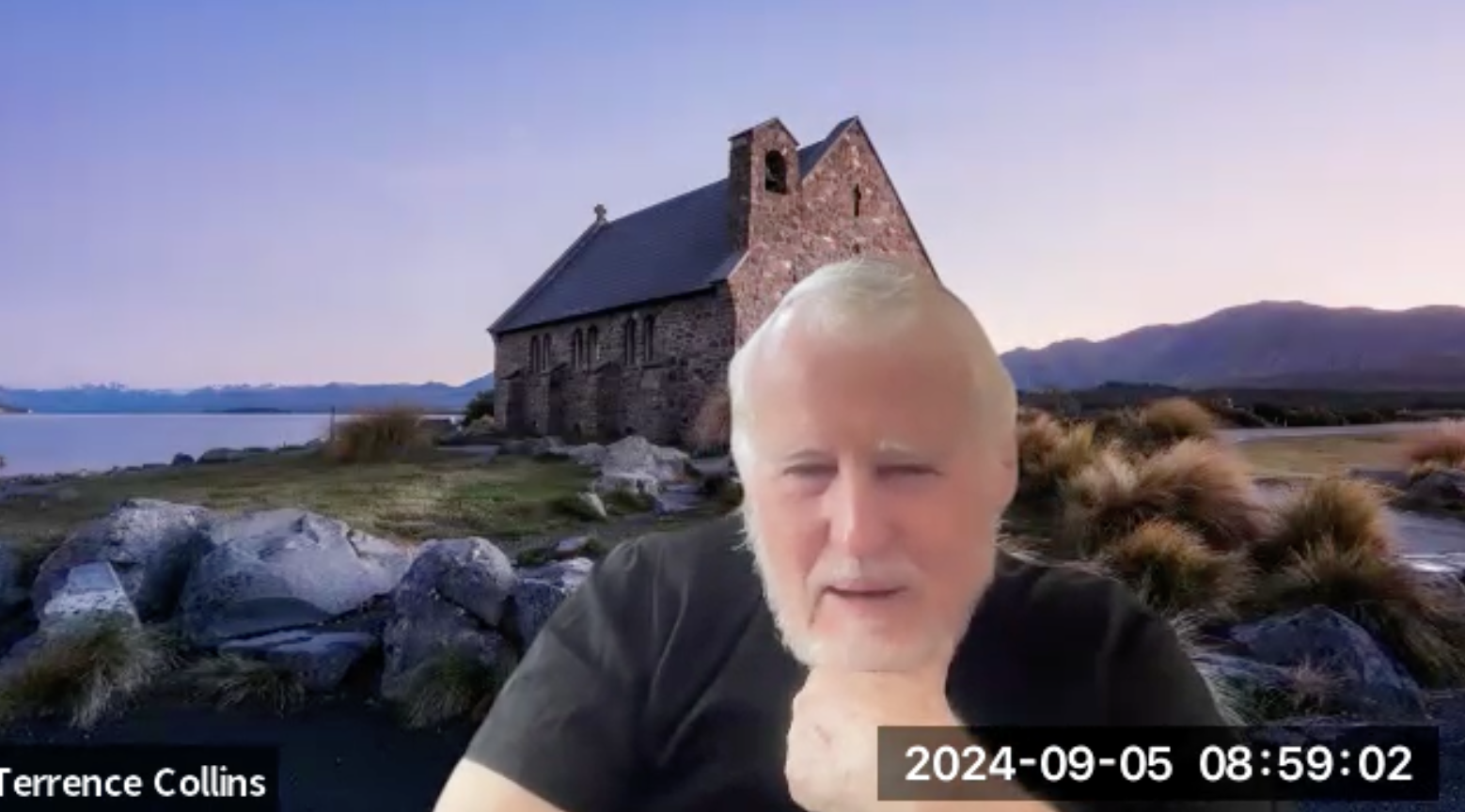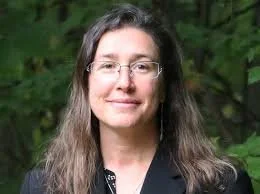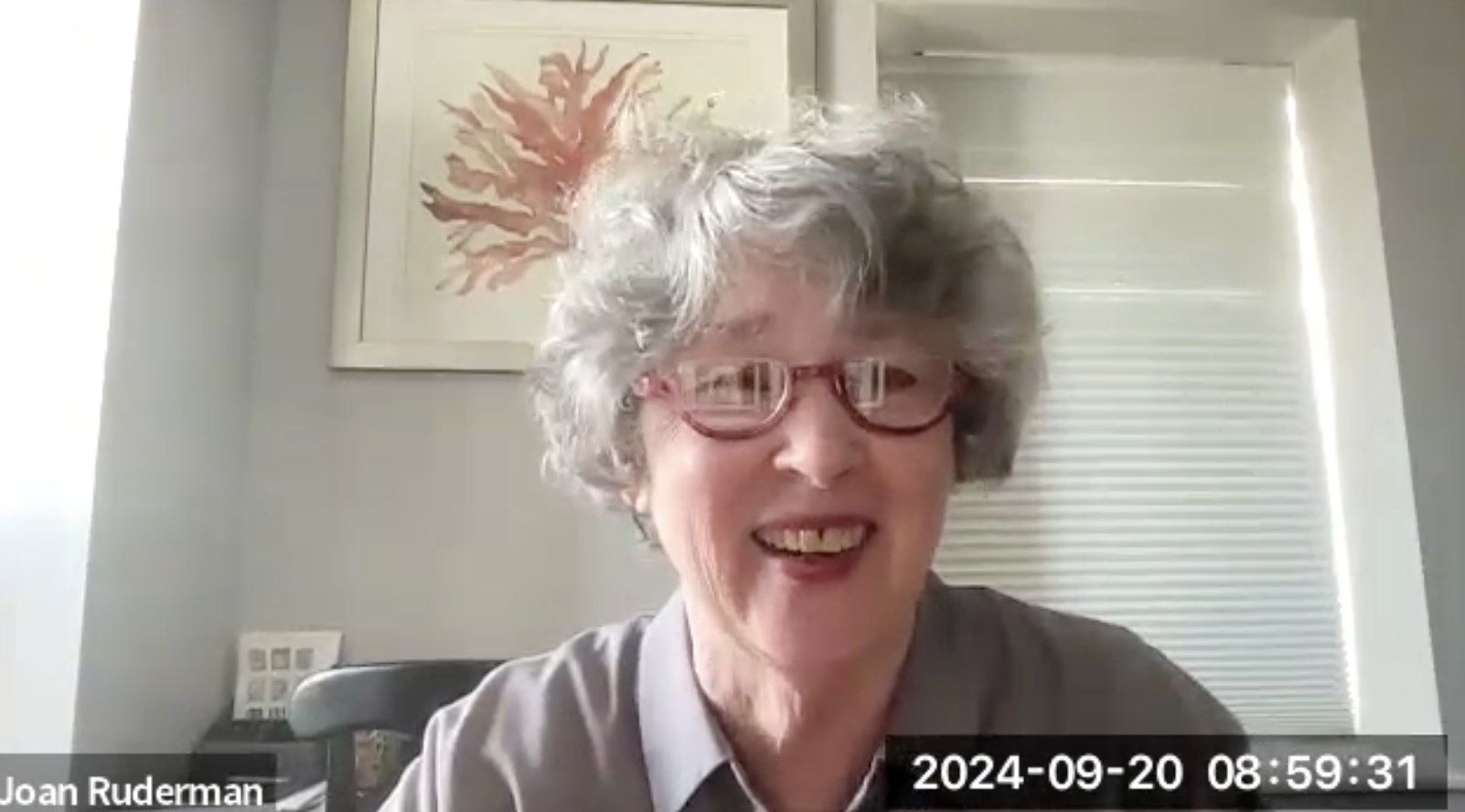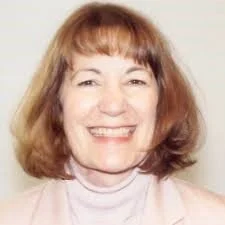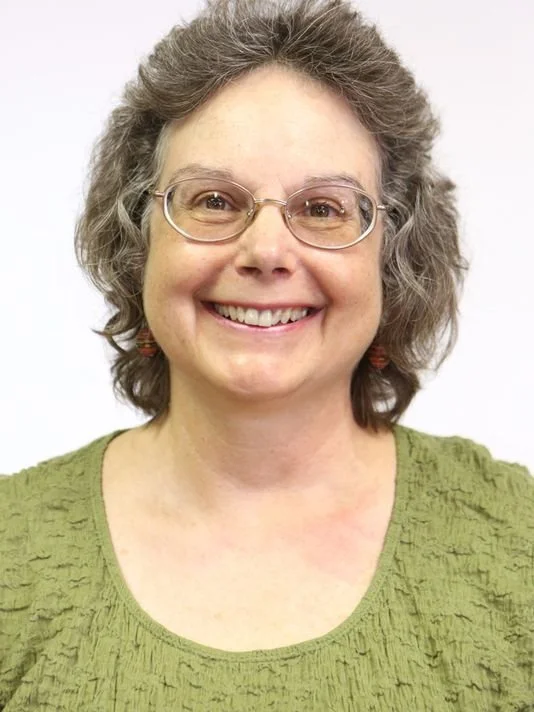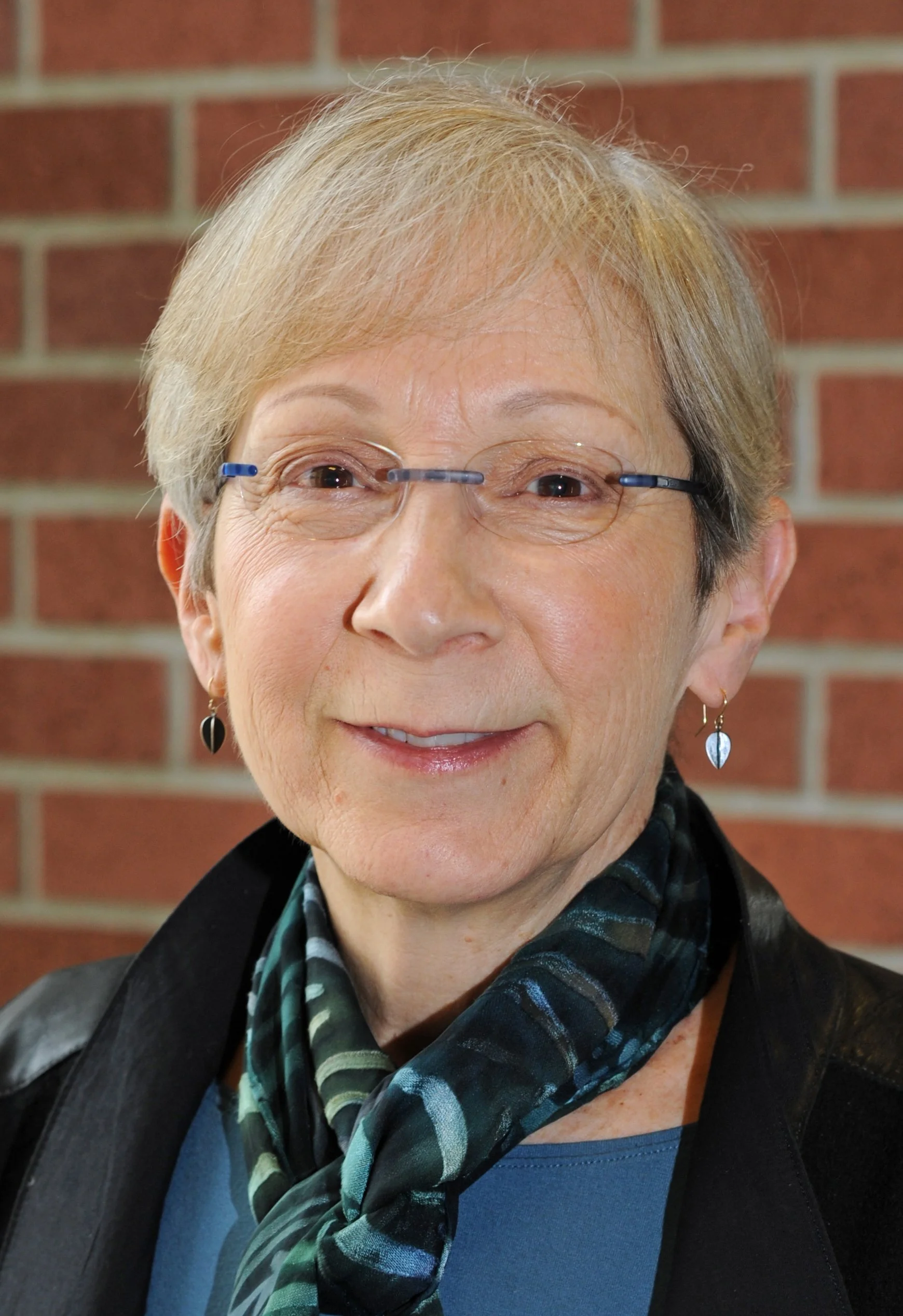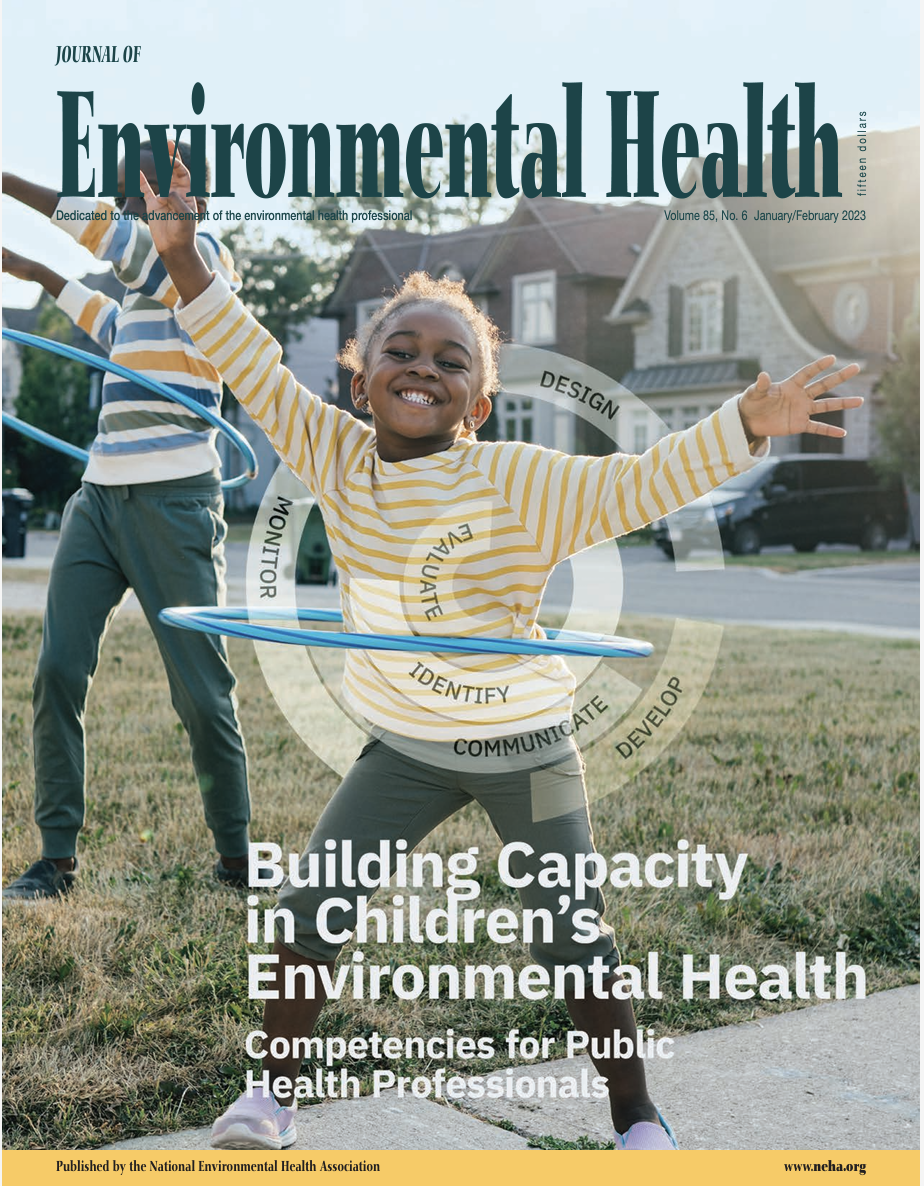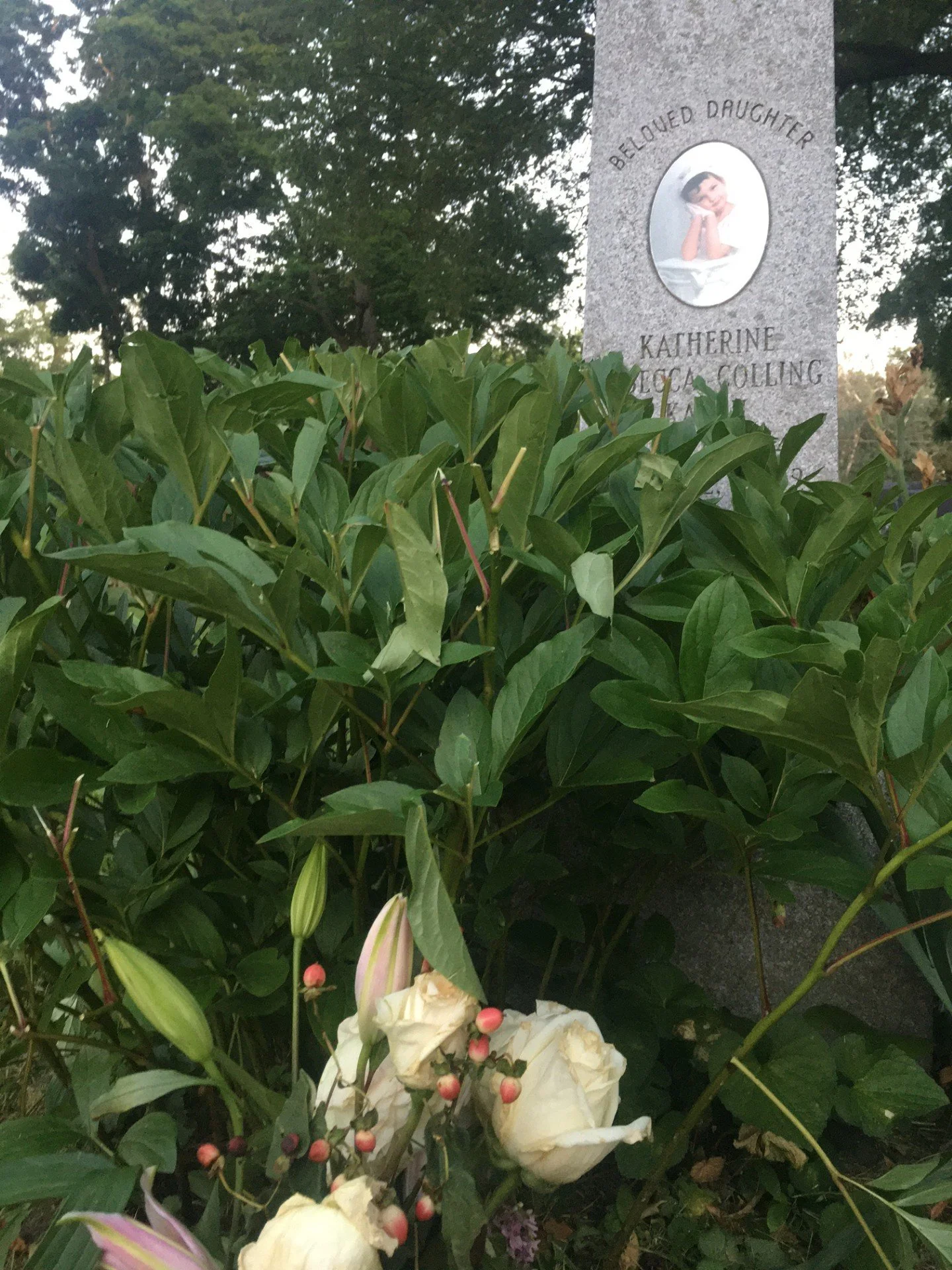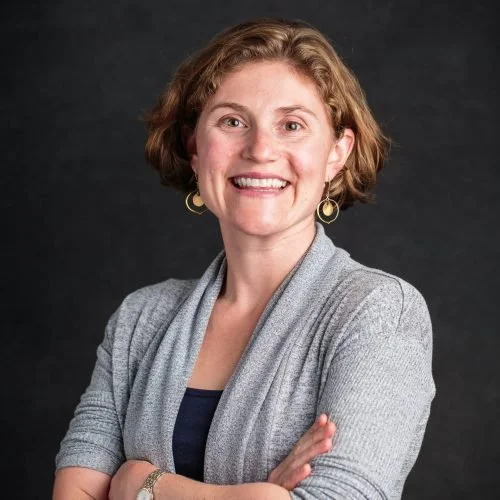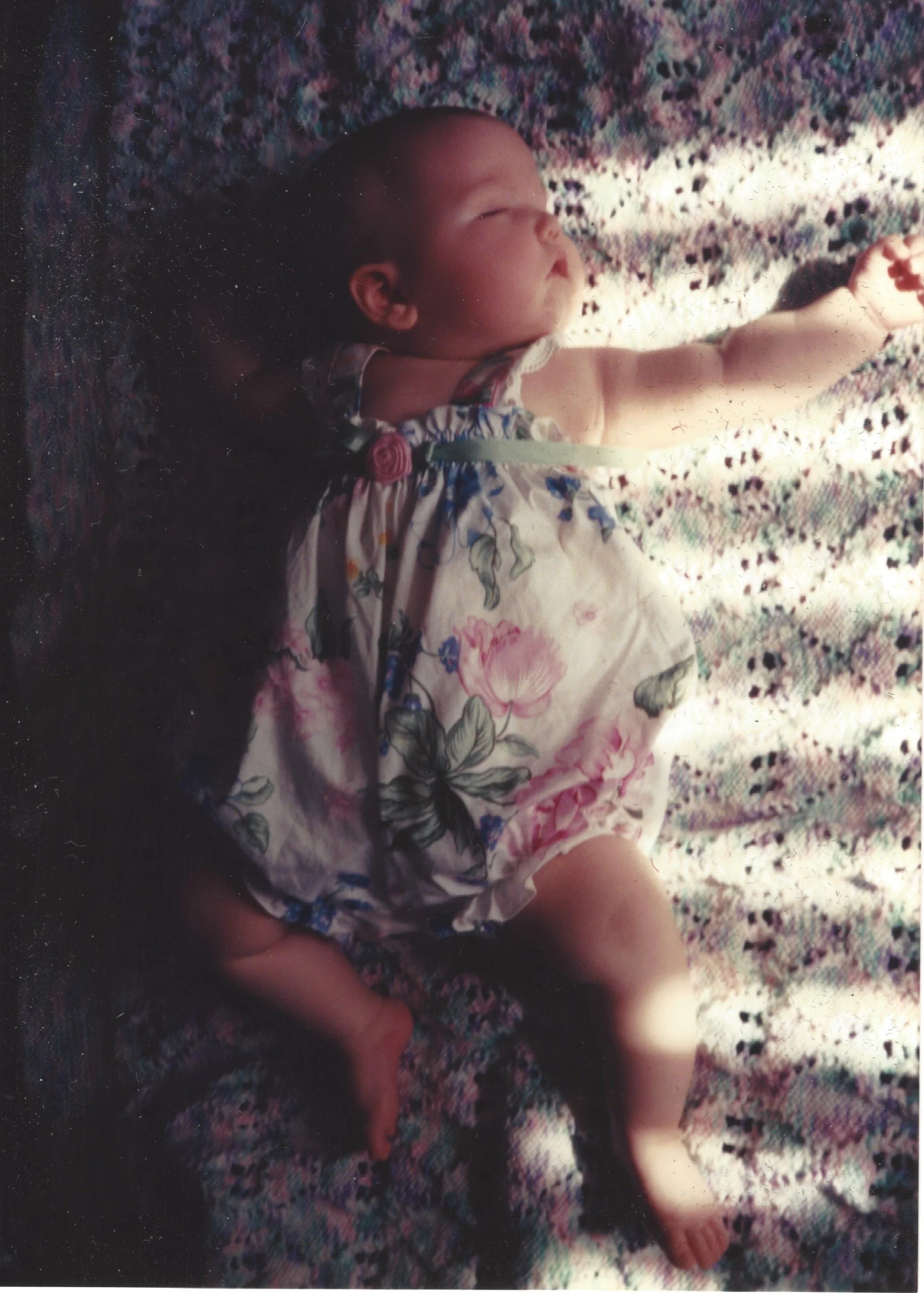Yesterday would have been Katherine's twenty-fourth birthday. Yesterday, I was too angry and despairing to write my usual blog in her memory. Why? Because despite the valiant efforts of activists like me, scientists like those I work with, and THE TRUTH, Goliath corporations have succeeded in buying our government and destroying the meager protections afforded by the EPA, among them the momentary ban on chlorpyrifos, the pesticide that killed my sweet daughter.
More children just like my beloved Katherine will die. More families will be destroyed by the senseless loss, the unending misery. This is simple fact.
Writing this blog, pursuing the work of my MPH, talking to students about this subject, is not work I enjoy -- it's work that should already have been done, BEFORE, to save MY daughter. Work like this is rather like gutting oneself with a fish knife while everyone watches. But it is necessary.
The chemical industry should not have to hold themselves to account, as the people who call themselves conservatives seem to think. As Jared Diamond argues in Collapse: How Societies Choose to Fail or Succeed, this puts the conscientious at a disadvantage and elevates the evil, rather as we have done in our political system. As Garrett Hardin argues in his Tragedy of the Commons, conscience can be self-extinguishing in the wrong system. Commonsense regulation is absolutely necessary to keep our air and water clean, our bodies free of toxins. Didn't we already decide this in the 1960s?
My dear friend Kay McKeen, head of SCARCE and one my very favorite Davids fighting Goliaths, sent me a quote they keep posted in the modest and busy SCARCE offices, gleaned from a Jewish man who prosecuted Nazis: "It takes courage not to be discouraged." This is something we Davids, we despairing, we underdogs think about every day.
One final thought: in Ocean Country, our likely Summer Reading, Liz Cunningham confronts the grim reality of our oceans: dead zones, plastic garbage patches, increasing acidification, dying coral reefs, over-fishing, out-of-control climate change. She encounters a philosophy that helps her continue on: "Active Hope is something we do rather than have. It is active. Instead of asking, 'When is the train coming?' you roll up your sleeves and say, 'Let's build that train.' It doesn't require optimism; we can even employ it when we feel hopeless. Active Hope involves identifying the outcomes we hope for and then playing an active role in bringing them about. We don't wait until we are sure of success. We don't limit our choices to the outcomes that seem likely. Instead we focus on what we truly, deeply long for, and then we proceed to take determined steps in that direction" (90-91).
I truly, deeply long for a world where children do not die, do not have their futures stunted and thwarted by environmental toxins, climate change, and the manifold evils we are wreaking upon ourselves. I long for a world where we could do better. I hope you will take determined steps with me in that direction.
Love,
Jean-Marie


